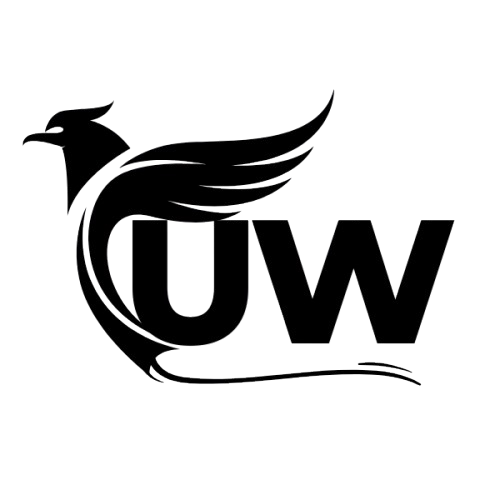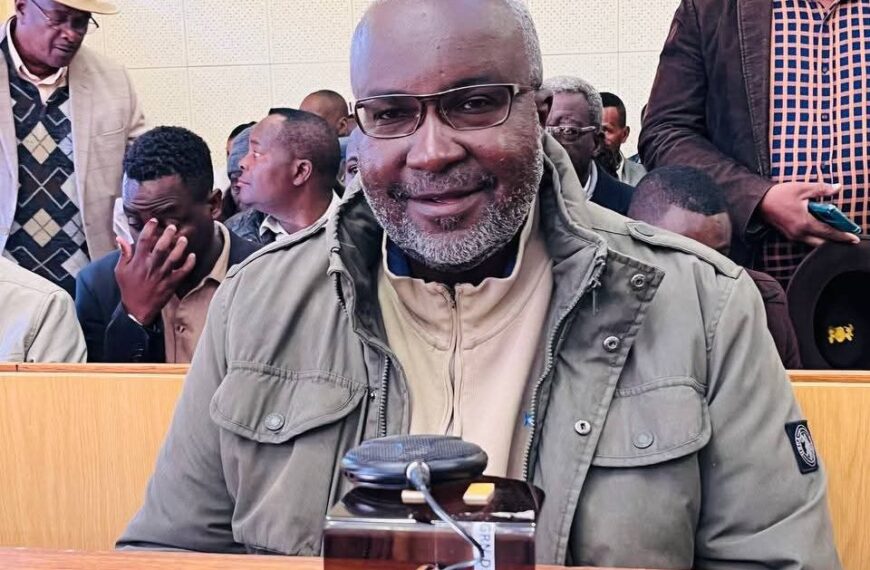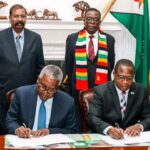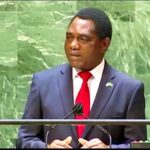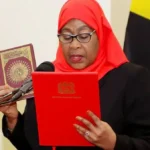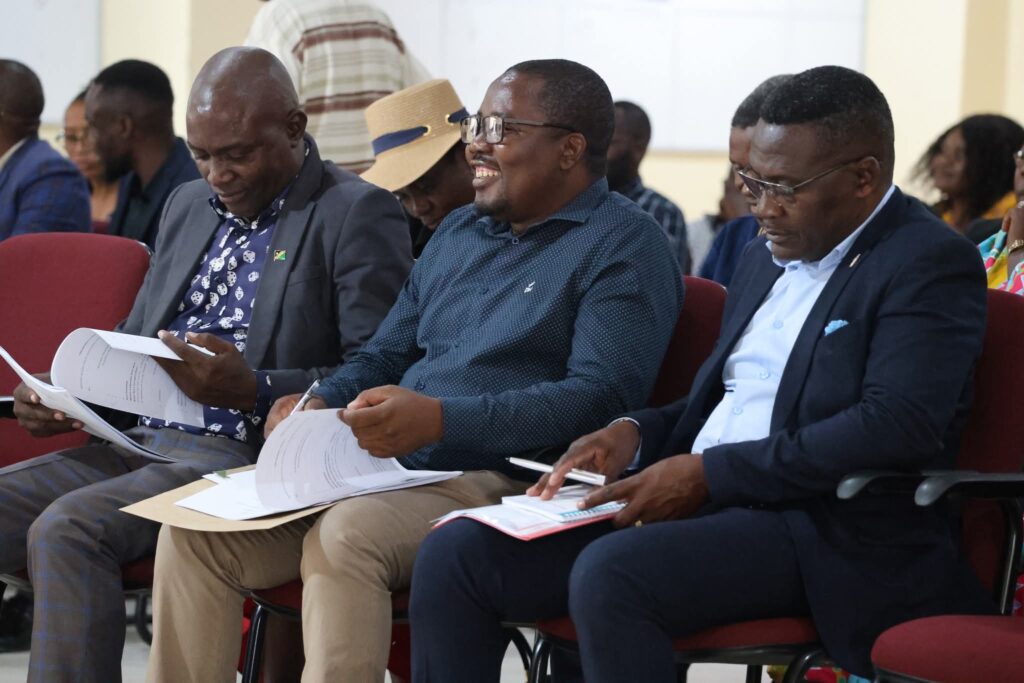
Consultations on Namibia’s Draft Teaching Profession Bill and its regulations are currently underway in Rundu, marking another step in the nationwide effort to refine the proposed law aimed at strengthening the teaching profession.
The consultative meeting, hosted at the Kavango East Regional Council Auditorium, brought together educators, learners, traditional leaders, and community representatives to exchange views on the draft legislation. The Ministry of Education, Arts and Culture (MEIYSAC) is holding these sessions across all 14 regions between 15 September and 17 October 2025, ensuring that teachers and communities across the country contribute to shaping the bill before it is finalised.
During the Rundu session, Ms Christine S. Shilima, Director of Education for the Kavango East Region, explained the key elements of the bill, which include teacher registration, a code of conduct, and provisions for continuous professional development. She stressed that the bill’s main objective is to safeguard and advance the interests of educators while strengthening the quality of education.
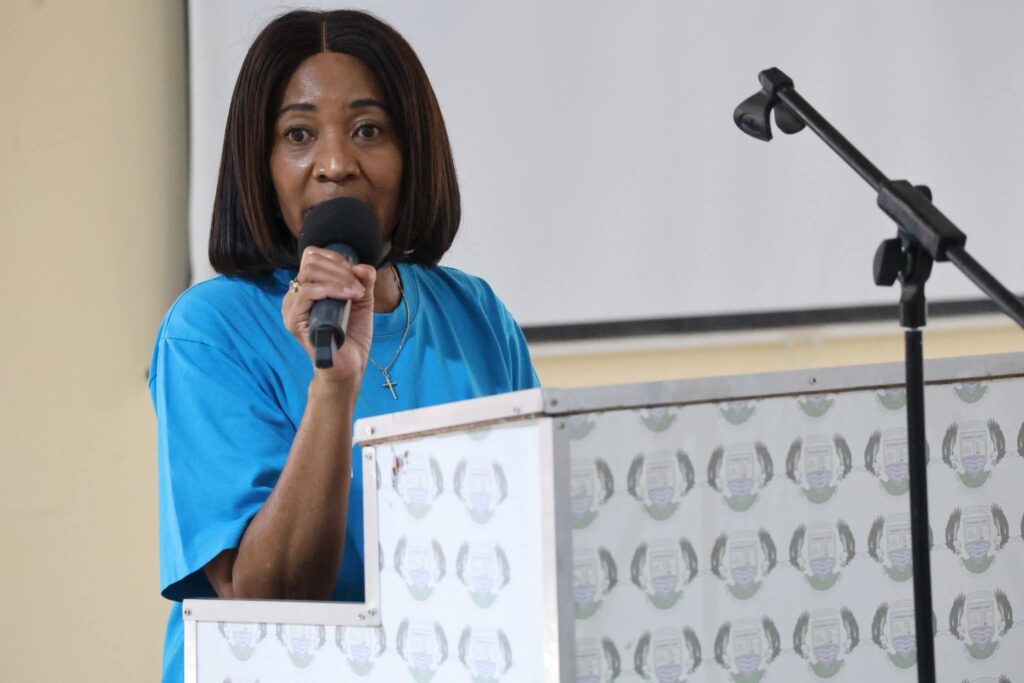
Adding to the discussion, Mr Basilius G.M. Haingura, former Secretary of NANTU, emphasised the union’s continued commitment to protecting teachers’ rights, noting that the bill represents a milestone in formalising the profession.
Meanwhile, Ms Aune Victor, Education Specialist at UNICEF, highlighted the broader vision of the draft legislation: restoring public trust and respect for teachers. She urged teachers to see themselves as central to rebuilding confidence in the profession and encouraged learners to participate actively in the consultation process.
“When you return to your schools, share what you have learnt with your fellow learners,” she told students in attendance. “You are future leaders, and your voices matter in building a stronger education system.”
The event also drew prominent local figures, including Her Worship Johanna Kakondo, Deputy Mayor of Rundu, Mr Alfons Kaundu, Homba of the Mbuza Traditional Authorities, and representatives from UNAM, further demonstrating the inclusive nature of the consultations.
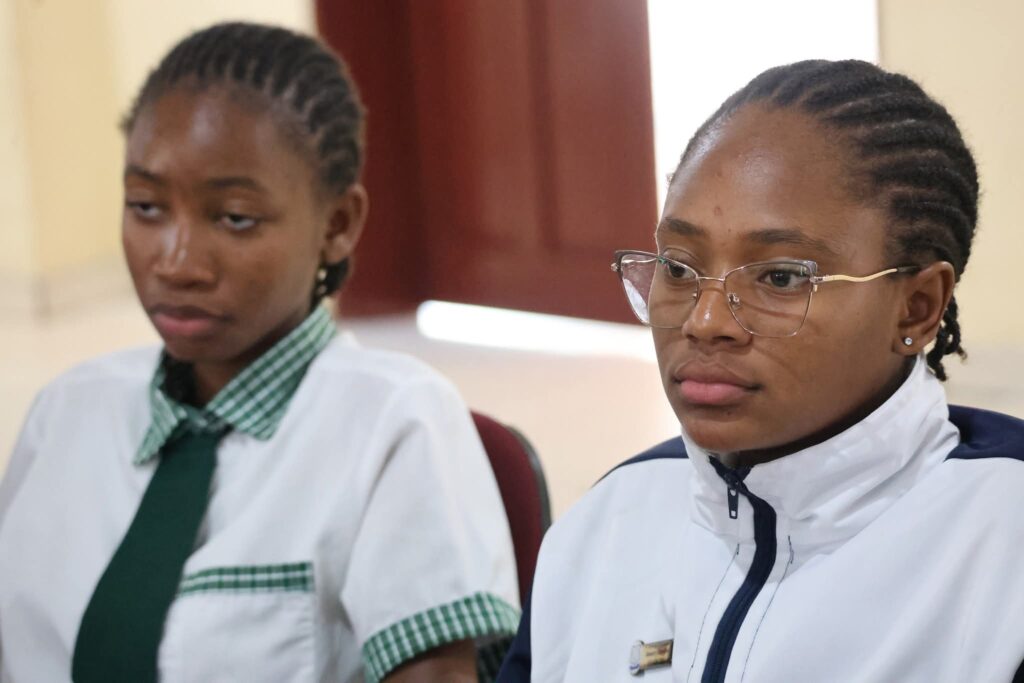
As the process continues across the regions, the Ministry has reaffirmed that the bill will only be finalised once all perspectives—from educators to community leaders and learners—are considered, ensuring a broad-based framework for professionalising and uplifting Namibia’s teaching sector.

